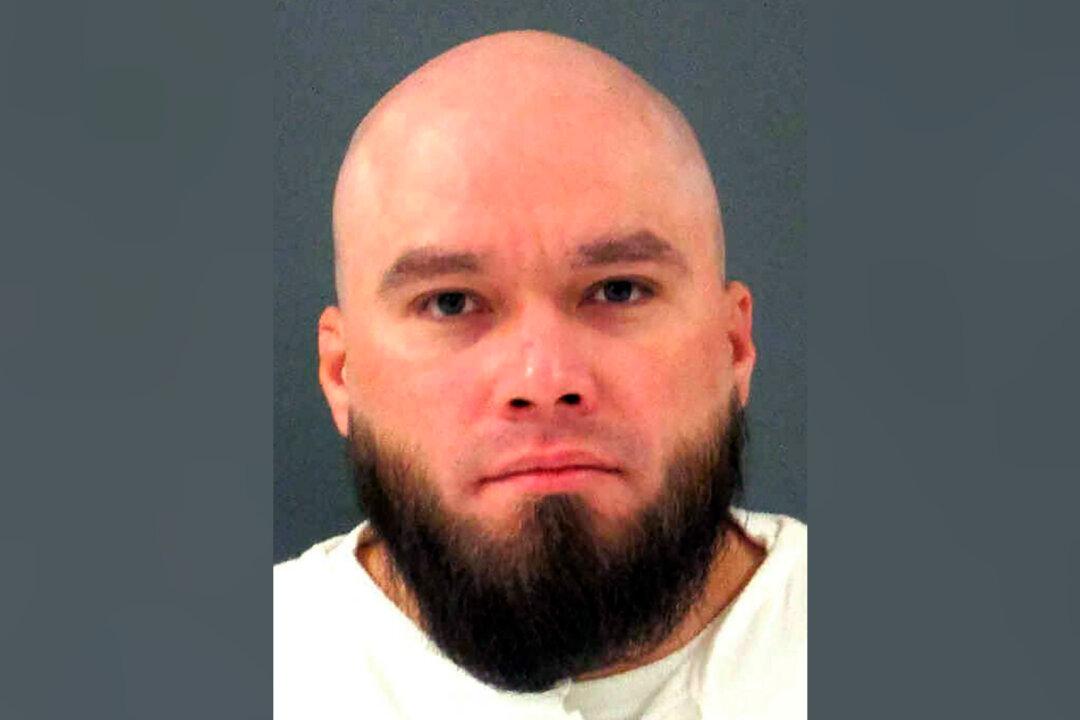Texas death row inmate John Ramirez, who won a legal bid to have a preacher by his side to perform religious rites, was executed on Wednesday at the state penitentiary in Huntsville.
Ramirez was sentenced to death for the murder of 46-year-old Pablo Castro, who he robbed of $1.25 and stabbed 29 times at a convenience store in Corpus Christi in 2004. Ramirez killed Castro during a drug-fueled multiple-day binge, during which he committed robberies with two women.





